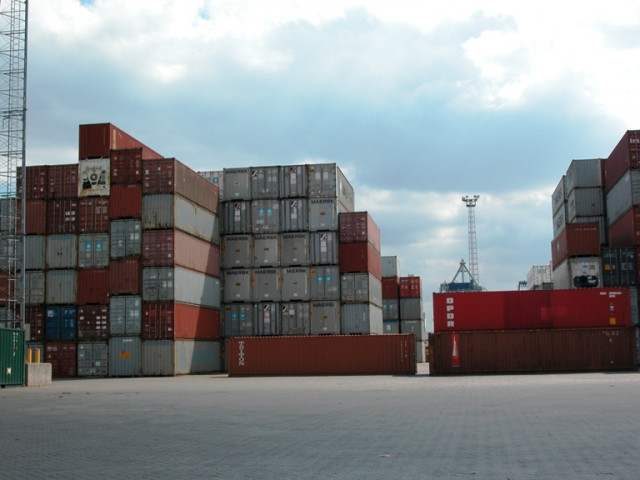Stakeholders cheer hybrid cotton seed import decision
Govt aims to revive yields to 10m bales by 2025, after yields dropped to a historic low of 4.9m in 2022-23

Stakeholders in Pakistan's cotton industry have united in applauding the government's recent decision to lift a decades-old ban on importing hybrid cotton seeds, marking a potential turning point for the struggling sector. Farmers, textile manufacturers, and industry leaders described the move as a critical step to revive cotton production, once dubbed Pakistan's 'white gold', and bolster the economy. The decision, finalised through a swift regulatory process, comes after years of declining yields, with production plummeting from a peak of 14 million bales in 2014 to a historic low of 4.9 million bales in 2022-23, according to Pakistan's Central Cotton Committee.
Representatives from the Federation of Pakistan Chambers of Commerce and Industry (FPCCI), All Pakistan Textile Manufacturers Association (APTMA), and Pakistan Hi-Tech Hybrid Seed Association (PHHSA) emphasised the decision's urgency. Shahzad Ali Malik, Founder of PHHSA, highlighted that the import ban on cotton germplasm had stifled innovation for over 50 years. "This is not just about seeds, it is about saving an industry that supports millions of livelihoods," Malik said, recalling how hybrid seeds transformed rice and maize yields, pushing rice exports beyond $4 billion annually. He credited the government's speed in issuing a statutory regulatory order (SRO) within two months of the March 2023 approval, signalling commitment to agricultural revival.
The decline of cotton, a crop that contributes nearly 1% to Pakistan's GDP and supports over 40% of the textile sector's needs, has had cascading effects. APTMA Chairman Kamran Arshad noted that textile mills imported $5 billion worth of cotton this year to bridge the supply gap, a costly and unsustainable trend. "Every bale we import drains foreign reserves and weakens our global competitiveness," he said. Climate change, substandard seeds, and pest outbreaks like the pink bollworm have compounded the crisis, forcing over 30% of ginning factories to shut in the past decade.
FPCCI's Zonal Chairman Zain Iftikhar Chaudhry linked the sector's struggles to outdated farming practices. "Farmers were trapped in a cycle of poor yields, relying on low-quality seeds and ineffective pest control," he explained. Hybrid seeds, resistant to pests and adaptable to climate shifts, could boost yields by up to 40%, experts suggest. This aligns with the government's target of producing 10 million bales by 2025 to restore cotton's historic role. Textile exporters, who contribute 60% of Pakistan's $32 billion in annual exports, see the policy shift as critical for reducing import dependence and enhancing competitiveness.
For farmers like Ahmed Hassan from Punjab, the decision brings hope. "Better seeds mean better income. If the government supports us, cotton can bloom again," he said, warning that success hinges on consistent policies, farmer education, and research. "With hybrid seeds now in play, the journey to reclaim 'white gold' has begun."





1733130350-0/Untitled-design-(76)1733130350-0-208x130.webp)













COMMENTS (1)
Comments are moderated and generally will be posted if they are on-topic and not abusive.
For more information, please see our Comments FAQ